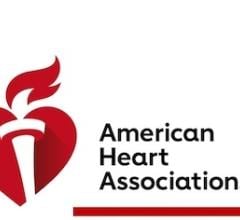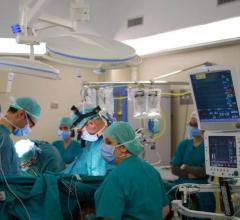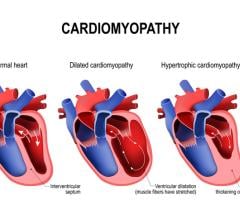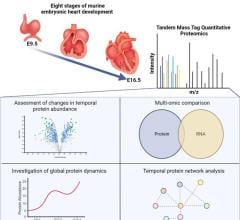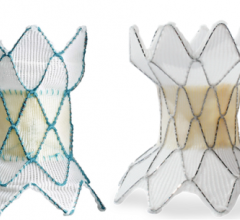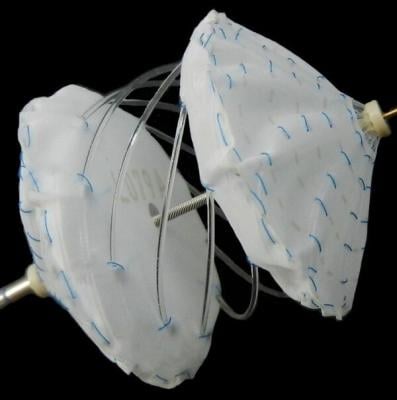
The reSept ASD Occluder has a bioresorbable, metal-free frame
June 20, 2024 — atHeart Medical, a medical device company establishing a new standard of care for atrial septal defects (ASDs) closure, announced promising long and short-term clinical outcomes of its reSept ASD occluder, to be presented at the medical conference CSI Frankfurt. The data from three patient cohorts show positive efficacy and safety profile that contribute to a growing body of evidence about the innovative device’s potential. reSept is the first ASD occluder with a bioresorbable, metal-free frame, designed to enable future transseptal treatment: a true evolution for patients that need transcatheter septal closure.
A growing body of evidence
The new reSept data to feature at CSI on June 19th include:
· Positive ten-year outcomes from the first-in-human (FIH) trial showing long-term efficacy and safety of the device - to be presented by Dr. Kolja Sievert, from the CardioVascular Center Frankfurt (DE)
· Promising two-year data showing complete closure in a case study from the University of Virginia (UVA) cohort of ASCENT ASD, the ongoing pivotal trial approved in the USA, Canada, France and Switzerland - discussed by Dr. Scott Lim, Professor of Medicine and Pediatrics at UVA
· One-month reSept efficacy in patients with iatrogenic ASDs (iASDs), caused by mitral valve intervention, from the Canadian first-ever experience through Health Canada's Medical Devices Special Access Program - shown by Dr. Fady Zaky from St Paul's Hospital, Vancouver, (CA)
“Having pioneered reSept in its early days as part of ASCENT ASD in the USA, I am very pleased about the long-term outcomes from the earlier European FIH trial and the wealth of promising new data available,” said Dr. Saibal Kar, National Physician Director HCA Healthcare, USA, co-Principal Investigator of the ASCENT ASD trial. “They indicate how transcatheter ASD closure with a bioresorbable device could become an even less invasive procedure for patients long-term. This is a very exciting development for our patients.”
To date around 100 patients with ASDs have been successfully treated as part of trials and special access iASD adult use in Canada, France, Germany, Switzerland and the USA. The ASCENT ASD pivotal study is currently enrolling patients in over 20 hospitals in the United States, four hospitals in France and will start treating patients in Canada and in Switzerland following Health Canada and Swissmedic’s recent authorizations.
“Around 100 patients have been implanted with reSept to date. While hospitals continue to enroll patients as part of ASCENT ASD in several countries, we are excited that these positive outcomes showcase the potential for reSept to soon be the new standard of care,” said Laurent Grandidier, atHeart Medical CEO.
The reSept ASD Occluder is an investigational device that aims to address the limitations of current occluders, which have metallic frames that stay in a patient’s heart for life and can limit transseptal interventions.
For more information: www.atheartmedical.com

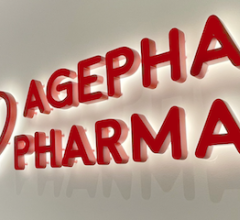
 March 31, 2025
March 31, 2025 
